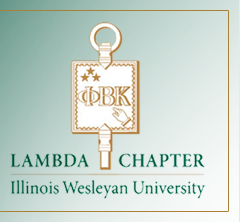The Value of Green Certification on Single-Family Houses in the Chicagoland Area
Graduation Year
2018
Abstract
In the United States, residential buildings alone account for 33% of energy consumption. Rising concerns about environmental impacts due to human consumption, as well as health concerns related to pollution have caused a higher demand for environmentally conscious houses. Homebuilders have responded by providing green certifications for houses, attesting to a building’s efficiency in various aspects, such as site design and energy and water consumption. Using Multiple Listing Services real estate data on zero- to five-year-old houses sold between 2010 and 2017 in the Chicagoland area, this study examines whether there is a price premium associated with qualifying for green certification, and whether different types of certification garner different premiums. Based on a hedonic pricing model, ordinary least squares regression suggests that a house in this dataset that qualifies for green certification has a selling price that is 9.49% higher than a comparable house without certification, which translates to a dollar amount of about $45,000.
Recommended Citation
Bolton, Raymond
(2018)
"The Value of Green Certification on Single-Family Houses in the Chicagoland Area,"
CrissCross: Vol. 6:
Iss.
1, Article 2.
Available at:
https://digitalcommons.iwu.edu/crisscross/vol6/iss1/2


Comments
Mr. Bolton's paper was awarded University Honors and the Phi Beta Kappa Liberal Arts Scholar Award.